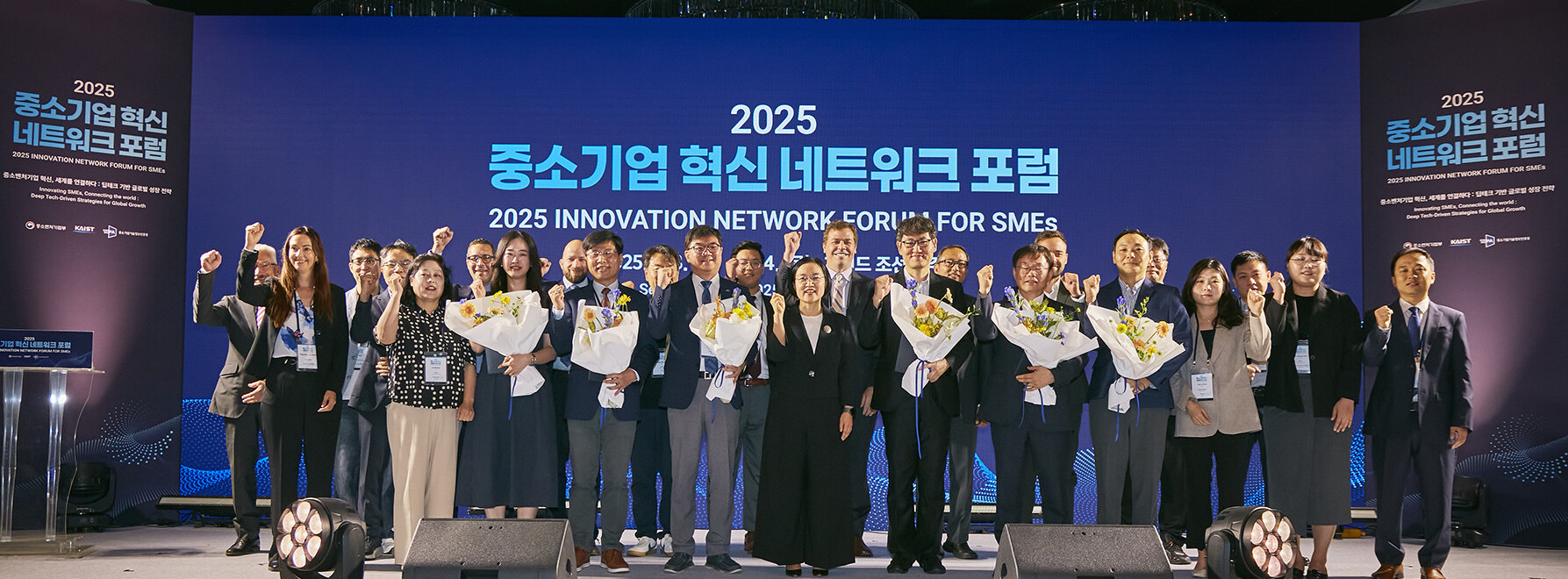WASHINGTON – This week ACT | The App Association Senior Global Counsel Brian Scarpelli participated in the Innovation Network Forum for small and medium-sized enterprises (SMEs), held around the Asia-Pacific Economic Cooperation’s (APEC’s) Small and Medium Enterprises (SME) Ministerial meeting in Jeju, Republic of Korea, a key forum for the 21 APEC member economies to collaborate on ways to create a policy environment for emerging technologies that supports SME growth, drives innovation, and preserves consumer security and trust.
A new policy analysis, Digital Platform Regulation in APEC Economies: Empowering Innovation and Inclusive Growth, released from the South East Asia Public Policy Institute (SEAPPI) during the SME Ministerial, conducted with support from the App Association, provides a clear picture of the potentials and pitfalls policymakers could face if they enact EU Digital Markets Act (DMA)-style regulation. With a mix of Emerging Regulatory Economies (ERE) and Advanced Regulatory Economies (ARE), the APEC region is well positioned to seize opportunities to lead growth and innovation in existing and emerging technology markets such as digital applications, artificial intelligence, wearable devices, and quantum computing.
“App Association members and SMEs like them create innovative products and services, built on top of digital platforms, that drive the global digital economy,” said Brian Scarpelli, senior global counsel at ACT | The App Association. “In Southeast Asia alone the digital app economy has grown from $200 billion in 2023 to a projected $300 billion in 2025. With micro, small, and medium-sized entities (MSMEs) making up 98 percent of all businesses in the region, a pro-innovation and risk-based policy environment could supercharge the economic growth of the region.”
During the Forum, the App Association highlighted the ways that digital platforms compete for MSME developers through features to provide trust to consumers, with the rise of digital platforms directly correlating to unprecedented MSME growth and job creation. While a pro-innovation risk-based policy environment for digital platforms and other emerging technology markets such as AI would further boost economic growth, a DMA-style ex-ante approach, would suffocate the fertile environment that currently exists.
SEAPPI estimated the potential compliance costs of implementing such anti-growth, anti-innovation policy at $3.07 billion annually, and found that the burden would be disproportionately born by MSMEs to the tune of 70 percent ($2.15 billion).
The App Association supports APEC’s focused efforts to achieve and sustain growth through digital transformations and strongly encourages all APEC member economies to commit to non-discriminatory treatment and good regulatory practices if considering regulation of nascent and emerging technologies and industries, including but not limited to ex post remedies based on demonstrated and systemic harms, transparency, consultation, and sufficient timelines for implementation. The App Association is strongly committed to empowering MSMEs by ensuring that any digital economy rules will broadly support innovation and prosperity across the APEC region.
###
